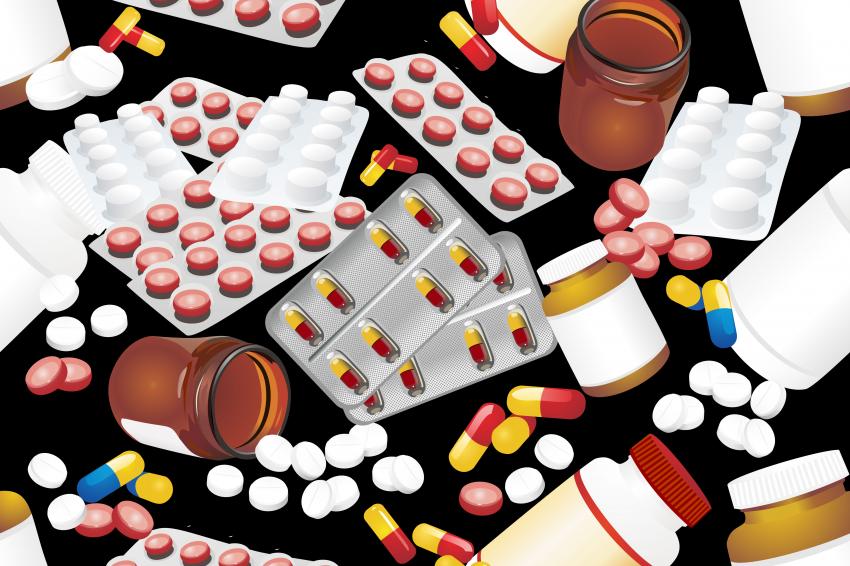New EU Generics Rules to Boost Competitiveness
26.02.2019 -
The EU is adopting new rules that should make it easier for producers of generic drugs and biosimilars in member states to compete on the global market.
On Feb. 20, the states endorsed a deal reached on Feb. 14 with the European Parliament, agreeing on a draft regulation that introduces an exception to the supplementary protection certificate (SPC) given to original medicines. The text will now be submitted for formal adoption to the European Parliament and the Council.
SPCs are intellectual property rights that extend the patent life of a drug for up to five years beyond the normal patent expiry in order to partially compensate for the lengthy development process, which includes clinical tests and trials, before marketing authorization is granted.
The exception will entitle EU-based drugmakers to manufacture a generic or biosimilar version of an SPC-protected medicine during the term of the certificate. The new generic or biosimilar could then be exported to a market outside the EU where protection has either expired or never existed, or stockpiled for up to six months before the SPC expires. The drug could then be sold into the EU once the certificate has become invalid.
The EU said the new rules will remove the competitive disadvantage faced by its manufacturers of generics and biosimilars when they compete with non-EU companies in global markets.
In contrast, the European Federation of Pharmaceutical Industries and Associations (EFPIA), said the changes “send a negative signal about Europe’s commitment to innovative bio-pharmaceutical development in Europe.”
The draft regulation is projected to generate additional net annual export sales of well in excess of €1 billion over the next 10 years. This could translate into 20,000 to 25,000 new jobs during that period, the EU said.





